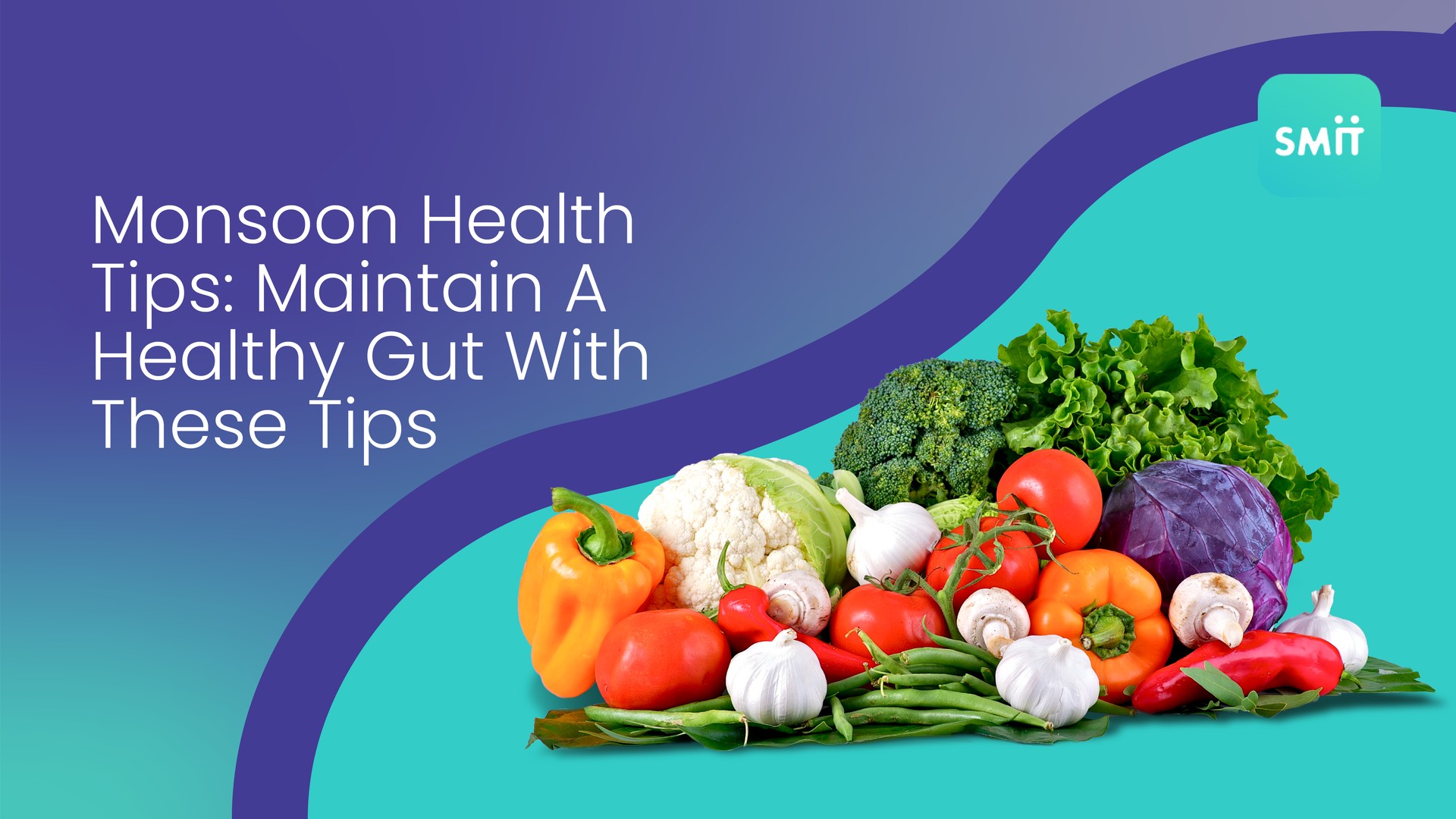Water everywhere, young saplings growing, tiny insects out for a ride, enjoying mother nature’s wonderful gift after the scorching heat — Monsoons. The word itself brings cheer. We feel completely refreshed and rejuvenated.
The word monsoon conjures up gastronomical experiences, but mindful eating is the road to success in terms of maintaining weight and good health, especially for the person with diabetes. Monsoons bring a lot of challenges, be it eating habits or your daily exercise schedule. So, no worry, we are here to help you with food choices and find alternate ways to incorporate exercise into your schedule. Little tricks, if adopted, can help you to combat any challenges faced during the monsoon season.
Diet plays an integral part in our lives, especially for diabetes patients. So here are a few tips to be healthy during the monsoon season.
- Hydrate yourself
Water is essential for normal bodily functions. During the monsoons, one needs to be careful while consuming water as it could be contaminated with bacteria or viruses that can cause gastrointestinal diseases. Up to 3 litres of water should be consumed, either plain or in the form of warm herbal infusions that will help increase metabolism and keep obesity in check.
- Choose wisely and eat right
Always make a habit of eating local and seasonal produce that helps to keep our system healthy. Choose fruits and vegetables wisely since the monsoon brings germs, causing diseases. Seasonal fruits contain more nutrients, and research shows that eating in-season fruits and vegetables is beneficial for health.
- Gorge on low glycemic index fruits
During the monsoon, there are a variety of fruits that are loaded with antioxidants. These increase our immunity to fight against infections. Relish these fruits to obtain maximum benefits but keep a close watch on their glycemic index if you have diabetes.
A glycemic index below 55 is considered to be good for diabetes. Some fruits like plums, peaches, pears, cherries, and berries come under this category and are easily available in the rainy seasons. One can choose from this wide range of fruits to keep the antioxidant value high in the rainy seasons as we are prone to infections.
- Avoid heavy meals
According to Ayurveda, our digestive system is weak during the monsoon season. If heavy meals are consumed, you feel bloated and irritable since the process of digestion and absorption is slow. You can opt for lighter meals that are easy to digest or have a combination of carbs and proteins. Include thoroughly washed salads or sprouts which are blanched to derive maximum benefit and avoid contaminants.
- Say No to seafood
It is highly recommended to avoid seafood during the monsoon season due to poor storage conditions. The monsoon season is breeding time for fish and other aquatic creatures. Consumption of seafood during this time may cause severe stomach infections. This also occurs as fresh seafood may not be stored properly, causing microbial growth. Consuming contaminated seafood might lead to food poisoning and various gastric problems.
- Restrict oily foods
It is best to avoid fried foods during the monsoon. Consuming it may lead to various gastrointestinal issues.
- Herbal infusions are healthy
During the monsoon season, the body’s immune system may weaken, leading to infections like colds and coughs, so it becomes necessary to keep the body warm and stay healthy to fight infections.
Use spices available in our traditional kitchens and mix the goodness of tulsi (holy basil), ginger, cinnamon, garlic, cloves, and fennel seeds to make interesting infusions to boost your metabolism and maintain good sugar levels.
Including natural forms of Probiotics like curd or Greek yoghurt may help to strengthen the immune system. They boost the immune system and naturally produce lymphocytes. Vitamin C rich foods also help in boosting the immune system.
Replace cold beverages with hot tea and soups. Having hot soup during the rainy season is like comfort food which not only satiates you but also provides the necessary nutrients. Diabetes can have these as a mid-meal as they help to keep the blood sugar levels stable and also keep weight in check.
Monsoons play host to many bacterial and viral infections that cause cold, cough, diarrhoea and vomiting. To protect the body from these germ causing infections, countermeasures have to be taken. Even people with high blood sugar levels are easy targets, so extra care needs to be taken.
A healthy and nutritious diet that supports the body’s immune system can do wonders, irrespective of the season. Our body is always ready to tackle harsh weather conditions if nutrient intake is optimum and if extra precautions are taken concerning diet, plus some form of exercises like yoga or meditation.
Summary
Monsoon is the time everyone eagerly waits for after the scorching harsh summer, but it comes with its challenges. What to eat and what to avoid in monsoons is the biggest fear, as one is prone to infection. Eating fresh and healthy home-cooked food with kitchen herbs is the best way to prevent any kind of waterborne illness.



0 Comments